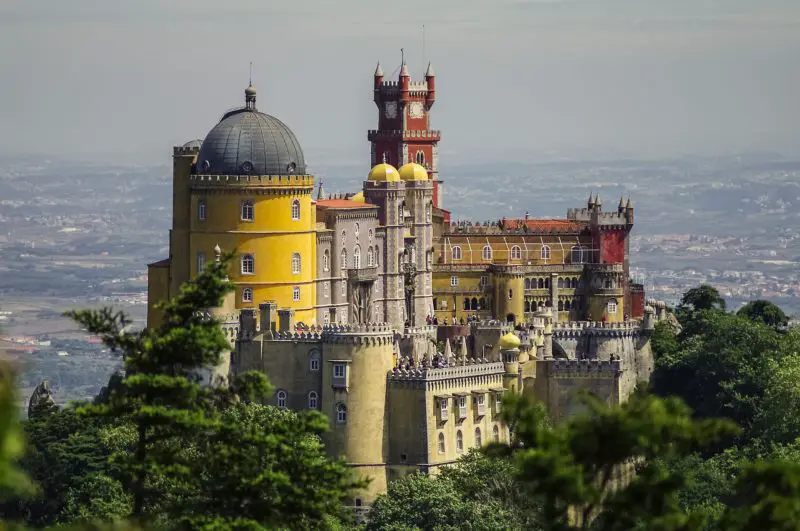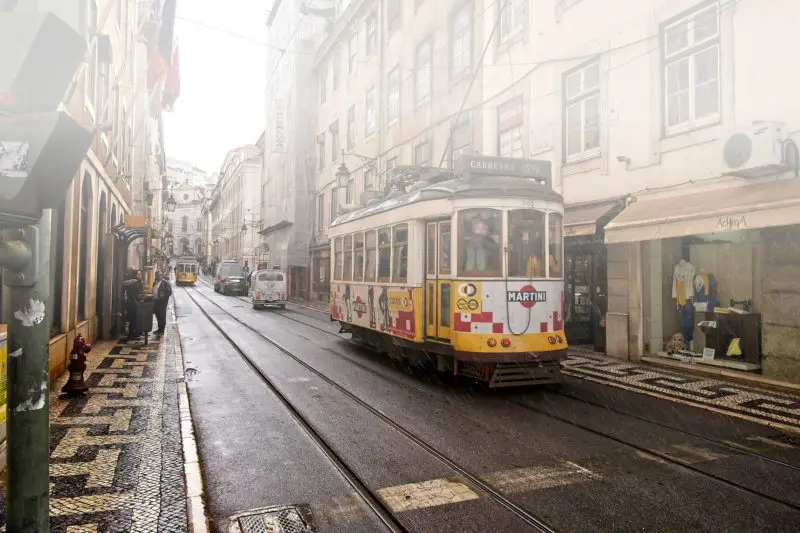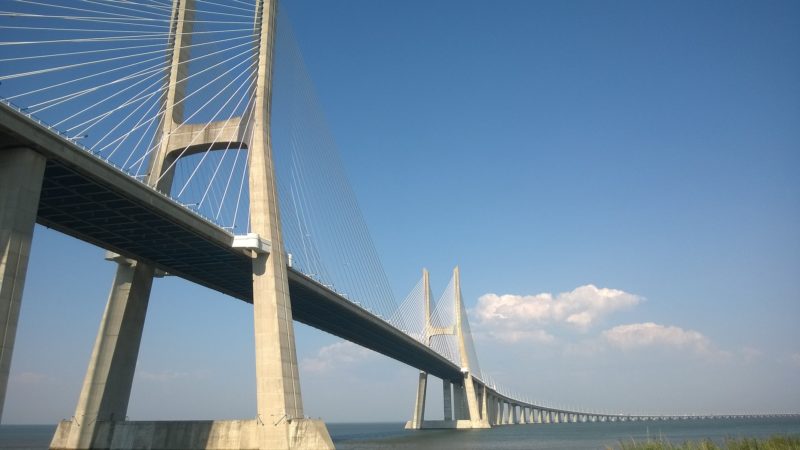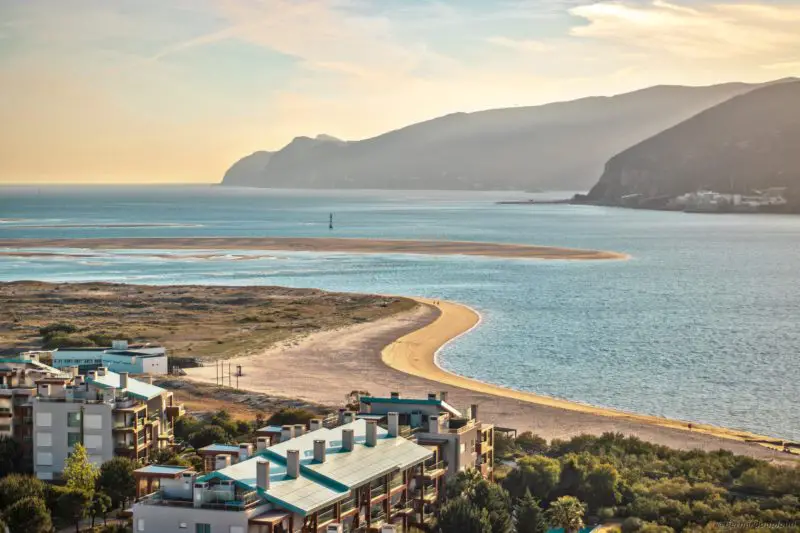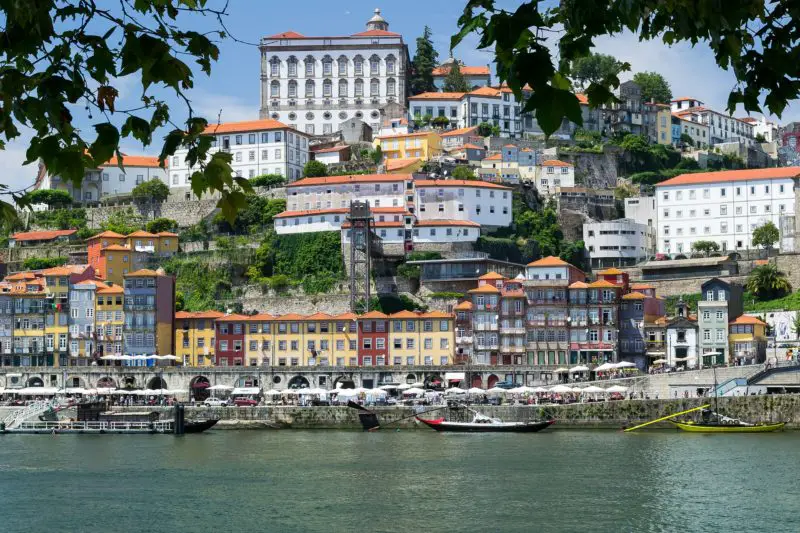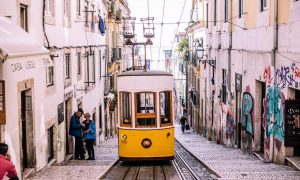The country of Portugal is dynamic and beautiful, friendly and full of surprises. It has a rich history, picturesque villages, golden sands and traditional food. Here are the most interesting facts or information for kids.
Fun facts for kids
Portuguese is spoken by about 236 million people worldwide and is an official language in 9 countries: Angola, Guinea -Bissau, Mozambique, Principe, Sao Tome and Equatorial Guinea. The oldest bookstore in the world is located in Lisbon, Portugal. Bertrand Bookshop was founded in 1732 and is still open today. The University of Coimbra in Portugal was founded in 1290 and is one of the oldest universities in Europe. The country is also home to the longest bridge in Europe, at 17 kilometers long, the Vasco da Gama Bridge in Lisbon.
Half of New World used to belong to Portugal. In 1494, the Treaty of Tordesil was signed, under which Portugal actually received the eastern half of the “New World”, including Brazil, Africa and Asia. The Portuguese Empire was effectively the first global empire in history and one of the longest-running colonial powers, surviving nearly six centuries from the capture of Ceuta in 1415 to the handover of Macau to the present China – in 1999.
The Portuguese government has an 80-page list of illegal first or last names that should not be given to your child. For example, “Ovnis” is specified. It means “UFO” in Portuguese. Portugal is one of the poorest countries in Western Europe. Probably the best place in the world to surf is Portugal. About 800 km of beautiful coastline is known for ideal surfing conditions all year round. The biggest waves in Nazare.
Bartholomew Portugues was a 17th century pirate. He used to operate from the Caribbean, where he attacked and intercepted Spanish ships coming from Africa or Europe full of grains of gold or cocoa. He established a set of rules known as the Pirate Code. These rules were later applied by English pirates. Lisbon is older than Rome. Exactly four centuries older.
This is actually the second oldest capital in Europe after Athens. Many historians believe that it was settled by the Phoenicians around 1200 BC, who took advantage of the Tagus River’s excellent transportation. The world record for the largest table was set when dinner was served to approximately 15,000 people as part of the opening celebration. In the early 16th century, the Portuguese dominated many of the world’s first spice routes.
Portuguese explorers and seafarers played a huge role in discovering new territories and moving new ingredients between continents. The Portuguese brought chili, potatoes and tomatoes to India. Today they are key ingredients in typical Indian dishes such as curry. The Portuguese also brought black pepper from Asia to Europe. Portugal takes its name from the city of Porto, which the Romans called Portus Calais.

- Portugal – Port
In 1755, the worst earthquake in European history struck Lisbon. An earthquake on a scale of 9.0 was accompanied by a tsunami. There were major fires that killed 275,000 people. The tragic event also destroyed 85% of the buildings. Portugal, or the Portuguese Republic as it is officially known, is the westernmost country of continental Europe, bordering the Atlantic Ocean to the west and south and Spain in the north and east.
Portugal has a population of approximately 10.4 million. The language of Portugal is Portuguese. It took the Romans about 200 years to conquer Portugal, from 219 BC. to 19 AD In 2008, Portugal became the first country to make fingerprinting mandatory for people with an identity card. Portugal and England have formed the world’s oldest diplomatic alliance.
The Anglo-Portuguese alliance was signed in 1373 and is still in effect today. Over the years, both countries have gone to war to protect each other.
